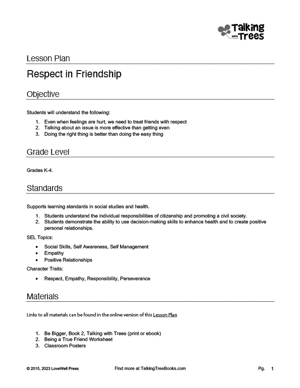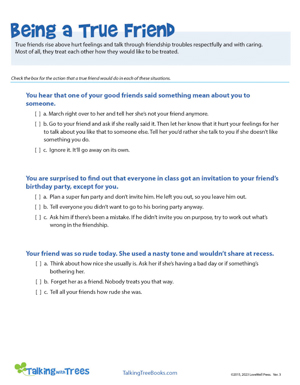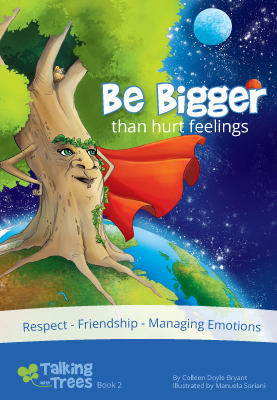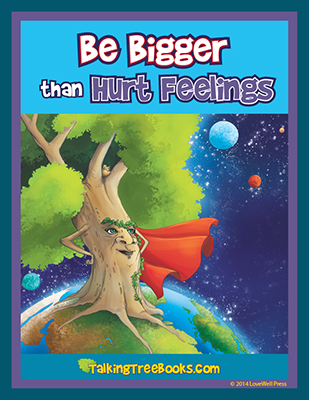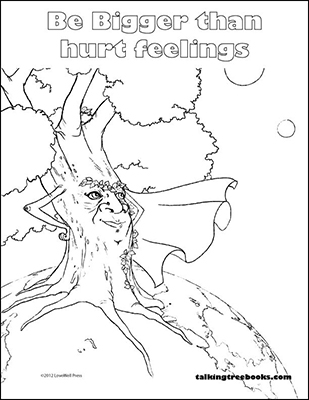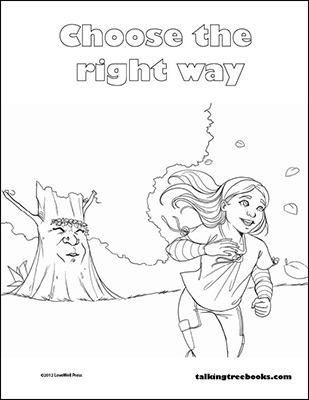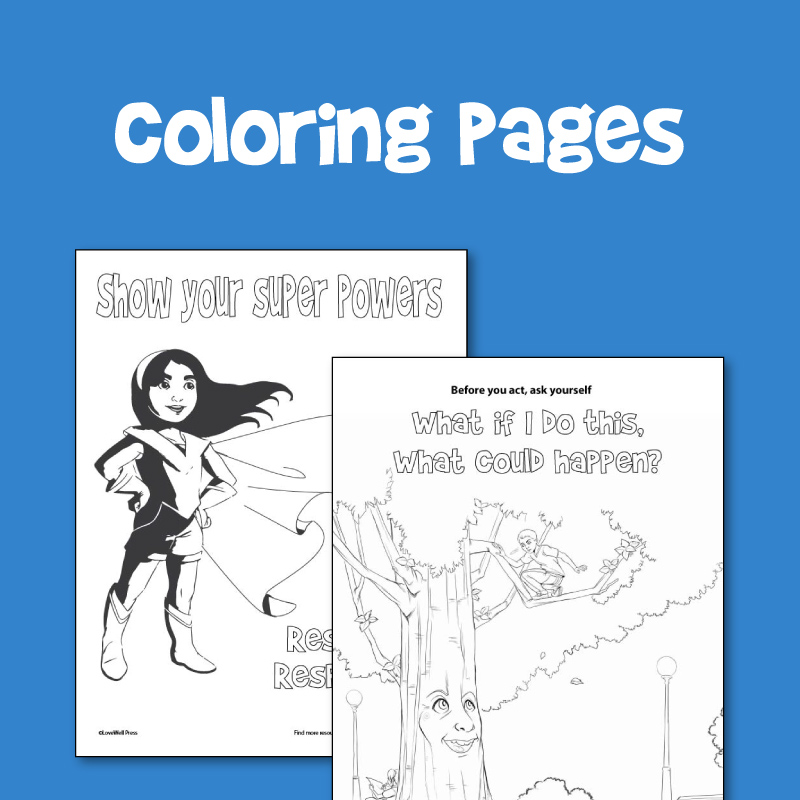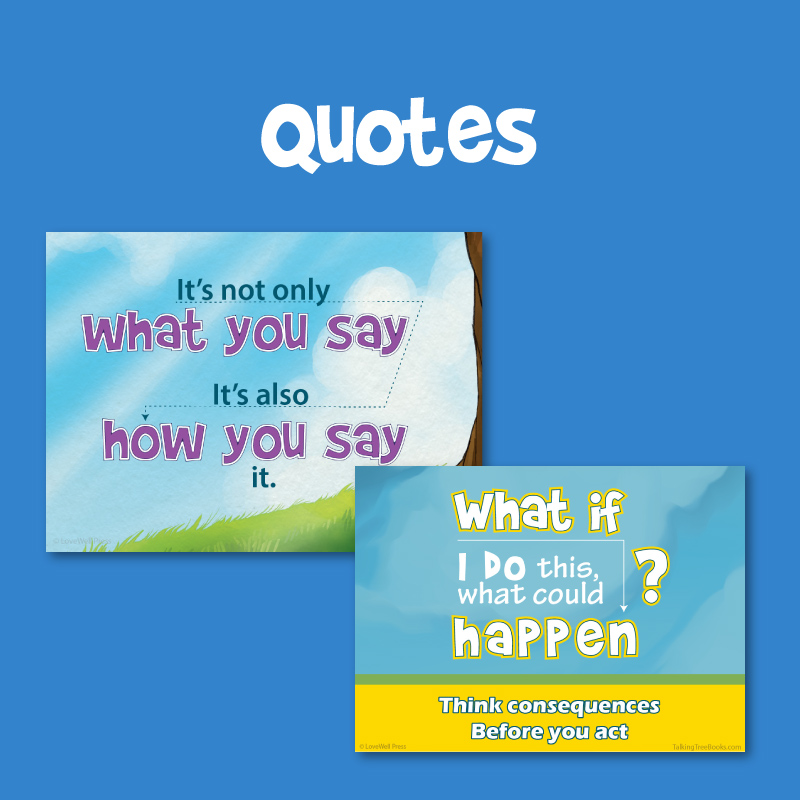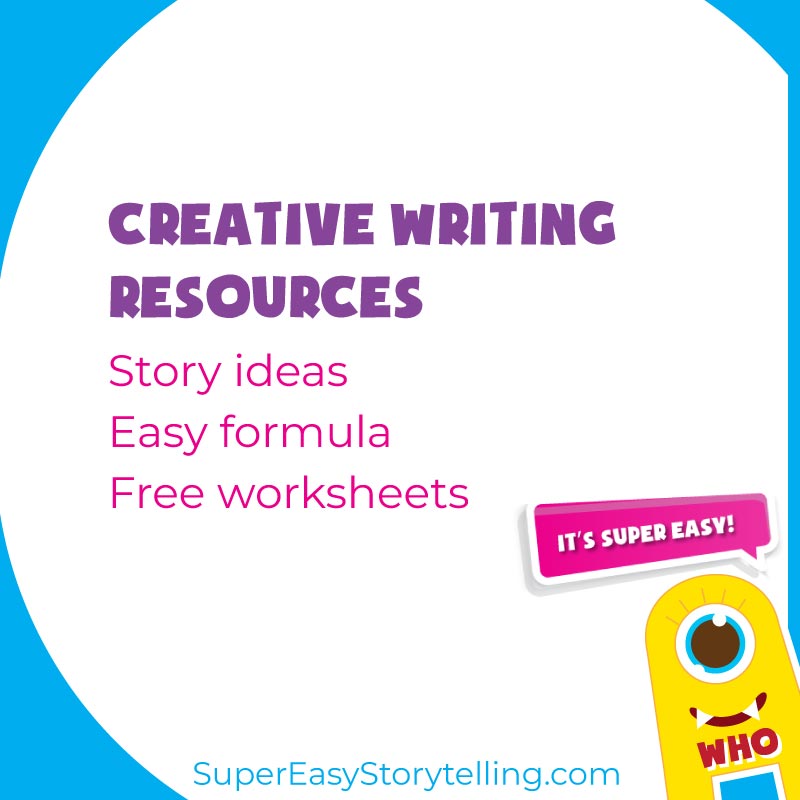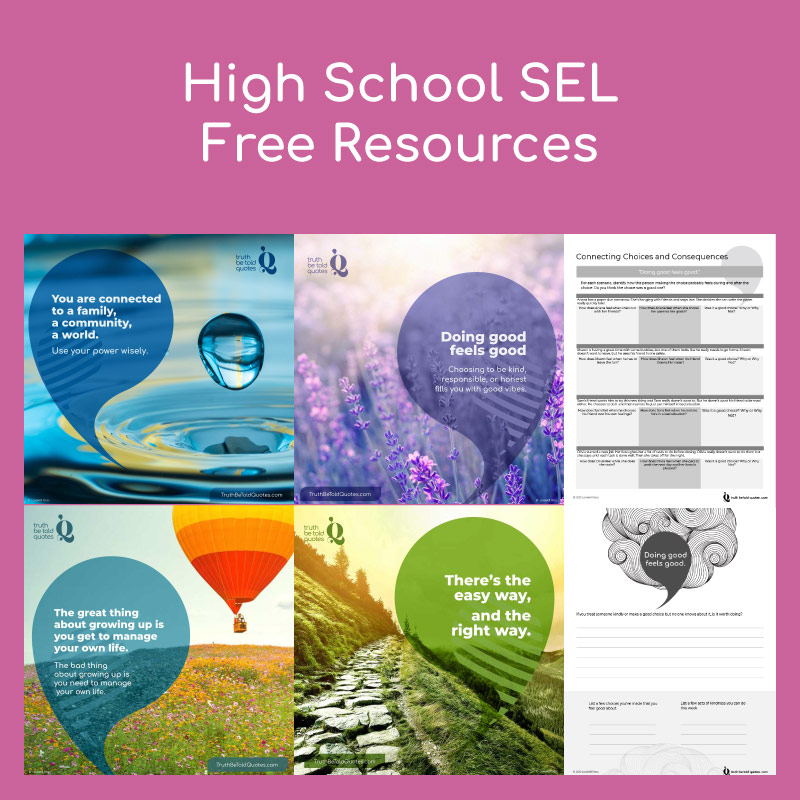Respect and Perseverance Lesson
Sunday School Lesson Plan for grades K-4
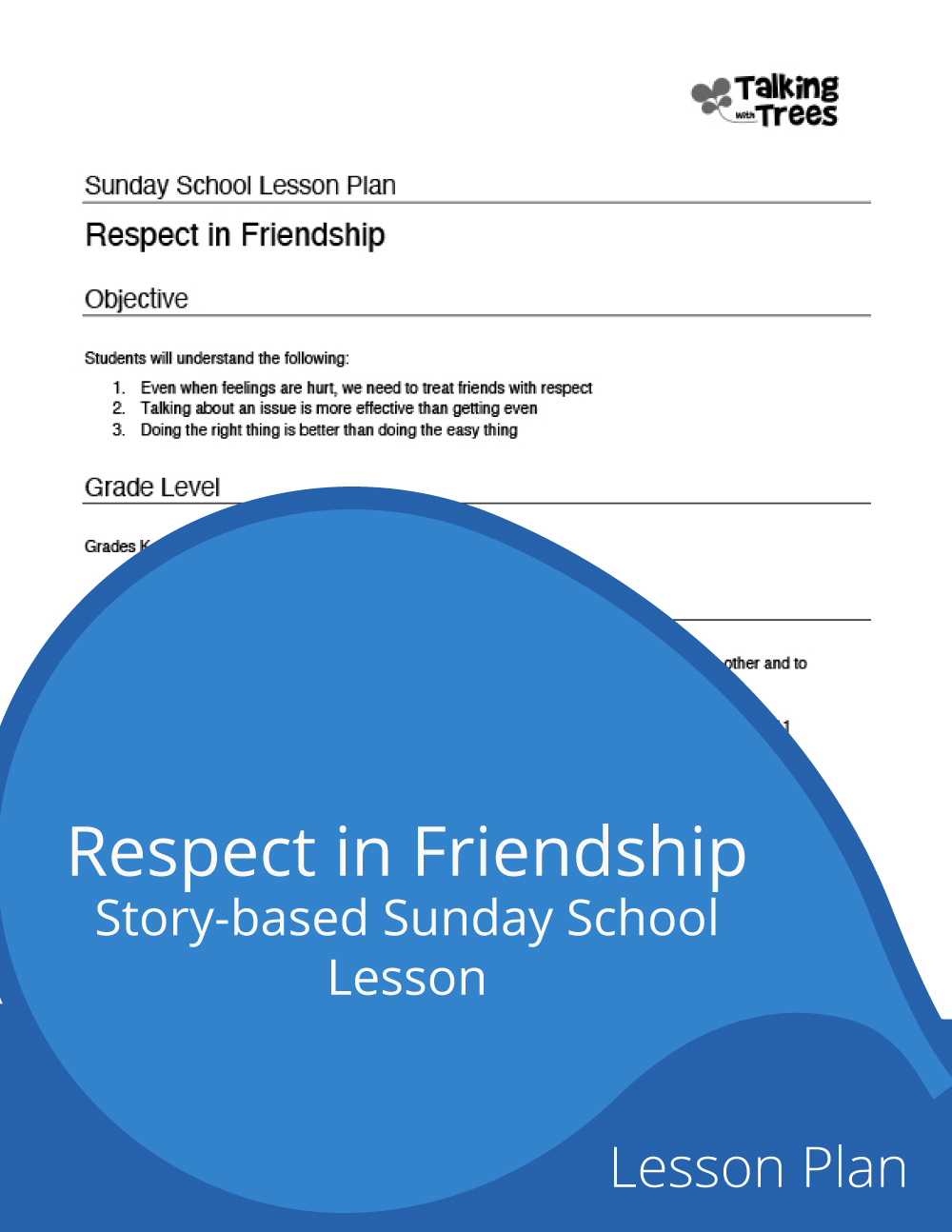
Respect, Caring, Perseverance Sunday School Lesson
Objective
Students will understand the following:
- Even when feelings are hurt, we need to treat friends with respect
- Talking about an issue is more effective than getting even
- Doing the right thing is better than doing the easy thing
Grade Level
K - 4
Supporting Bible Verses
- Make sure that nobody pays back wrong for wrong, but always try to be kind to each other and to everyone else. -1 Thessalonians 5:15
- Do to others what you would have them do to you – Matthew 7:12
- A fool gives full vent to his anger, but a wise man keeps himself under control. – Proverbs 9:11
- I can do everything through Him who gives me strength. – Philippians 4:13
Character Traits:
- Respect, Empathy, Responsibility, Perseverance
Download Resources
Our PDFs are free to print or share for non-commercial use, meaning you are welcome to link to our website for educational purposes, add PDFs to your Google classroom or print PDFs for in-class use.
Vocabulary
Respect- Caring enough about others’ feelings to think before you act
Relational aggression bullying- (A form of bullying in which hurt is caused through damage to relationships or
social status.) When you leave someone out of the group or an activity because you want them to feel bad.
Procedures
Read Be Bigger children’s book
Read the printed book or project, share ebook, or project the ebook on a whiteboard.
On each page, focus on the characters’ facial expressions and body language.
How is each character feeling on each page? Help the children see how they can pay attention to faces and body language to help them understand how others are feeling (social awareness), and how they themselves are feeling (self awareness.)
Discuss hurt feelings and how to react to them
Talk about how the girl was feeling at the beginning of the book. Why was she upset? (She felt left out and her feelings were hurt.
What did the tree mean by “your heart and stomach are tied up in knots?”
Teach children to pay attention to the cues their body gives them to help them figure out if they are sad, anxious, angry, etc.
Why did the tree say the girl was planning to get even with her friend?
What does “getting even” really mean? (You perceive that someone hurt you and so you hurt them in return.) Does getting even take away your hurt? (No, it just makes both of you feel bad.)
Discuss issues around respect and relational aggression bullying.
In the story about the girl’s grandmother, we see the girls each call on their other friends to exclude someone in order cause hurt (This is called relational aggression bullying). This is an issue of respect and caring. Being respectful means you care enough about others’ feelings not to cause harm. In this case the girls are trying to hurt each other on purpose. Friends don’t do that. Respectful people don’t do that. Even when feelings are hurt, we need to deal with the issue respectfully. Respect means caring enough not to cause others harm.
Discuss another way the girl could deal with her hurt feelings.
The tree shows her how to “Be Bigger” than the hurt feelings. Being bigger is when we rise above the hurt to deal with the issue
respectfully.
A more effective way to deal with hurt feelings is:
1. Figure out what you really want. (Do you want your friend to apologize? Do you wnat your feelings not to hurt? Do you want your friend back?)
2. Choose an action that helps you get what you really want. (Talk to your friend to let her know she hurt your
feelings. Talk through the issues respectfully. Focus on how you are feeling instead of being accusatory.).
Optional Interactive Activitiy:
Consider
having the children act out this scenario in pairs, each stating their side of the situation in a respectful
way.
For example: Pose a situation in which one child is upset because his/her friend won’t sit at the lunch table with
him/her anymore. Child 2 should respond with a reason he/she is upset or an apology. The exchange should not
include name calling or accusations (e.g. “You were such a jerk when you left me out on purpose!”)
- Child 1: It feels like you don’t want to sit with me at the lunch table anymore. Did I do something to upset you?
- Child 2: Yes, my feelings were hurt when you invited everyone to the party except for me. Why wasn’t I included? Or “I’m sorry, I didn’t mean for you to feel that way. What made you think I didn’t want to sit with you?”
Help children see making a right choice feels good in the long term.
The tree says, “There’s the easy way, and there’s the right way. If you want the ache in your heart to stop, choose
the right way.”
Ask the students, “Which was the easy way out of this situation? Which was the right way?” (Easy way was
pretending nothing happened or keeping on the way she had been. The right solution was to face her
embarrassment / discomfort and have the conversation with her friend.)
Why not take the easy way? The easy way feels better for a little while, but the problem isn’t resolved. The hurt in
the girl’s heart is still there and it will be until she talks to her friend. The right way (facing her friend) was harder at
first, but it would get her to resolution (no more heartache) faster.
Discuss some other situations in which people might face a choice of an easy way or right way.
Life is full of choices where doing the right thing is more difficult, but the long term reward is worth it. Pose some
questions that help children understand this:
“What if you borrowed your friend’s toy and accidentally broke it. You don’t want to tell him the truth and you think
it would be easier to pretend that you just forgot it and will give it back another day.”
“What if you and your friend were doing homework and it was easier to just copy your friend’s math answers than
to solve the problems yourself. What will happen when the math test comes and you don’t know how to solve
those problems?
Teach it is ok to make mistakes and that we use these opportunities to grow.
Use the story about the girl’s grandmother to help children see that everyone makes mistakes. It’s part of growing up. By making the situation right and learning not to make the same choice next time, we are growing to be more responsible adults. Learning to forgive yourself for mistakes is important to building self-respect. Focus on learning and growing, and releasing the guilt or shame. Teach children to enjoy the feeling (pride) they get after doing the right thing.
Complete the Being a True Friend Worksheet
Children can complete the Being a True Friend Worksheet. The PDF can be printed, or use the fillable fields for children to complete the work online / remotely.

